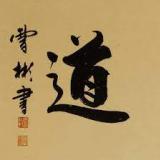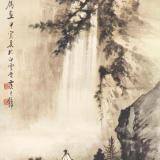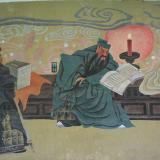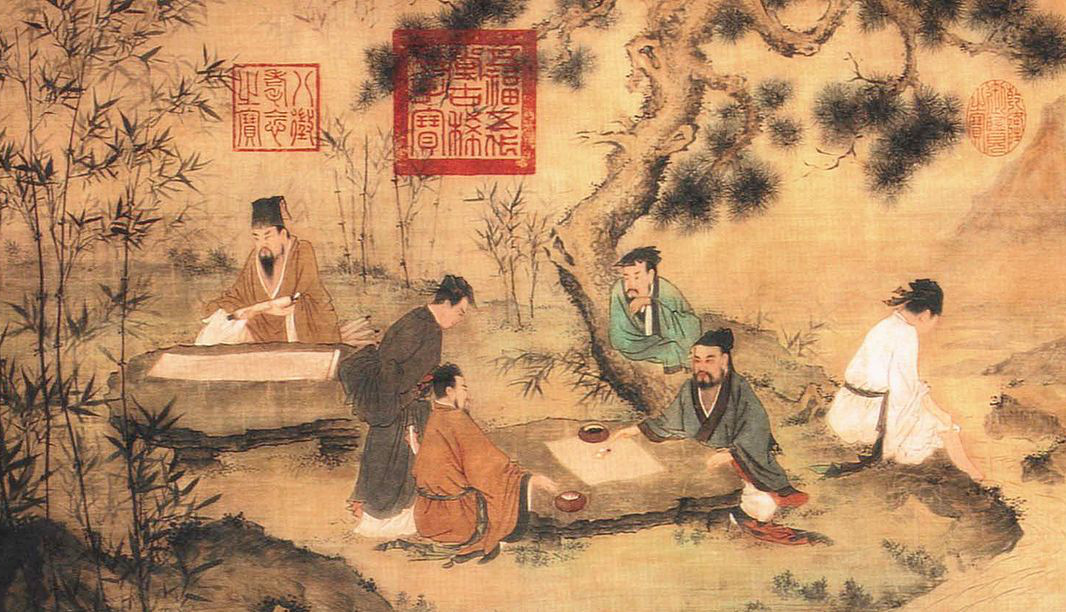Classical Chinese Philosophy
In this series of episodes, Peter and co-author Karyn Lai present themes and figures of classical Chinese philosophy, first focusing on the traditions that emerged in the "Warring States" period and then moving on to the period of the Han Dynasty. Major "schools" addressed will be Confucianism, Mohism, Daoism, and Legalism. In the Han period we also look at the arrival of Buddhist thought in China. Of course we will not look only at the most obvious texts and topics but also devote episodes to, for instance, women in ancient China, music, and medicine.
S. Angle, Growing Moral: A Confucian Guide to Life (New York: 2022)
C. Defoort, “Is There Such a Thing as Chinese Philosophy? Arguments of an Implicit Debate,” Philosophy East and West 51 (2001), 393–413
C. Fraser, Late Classical Chinese Thought (Oxford: 2023)
C. Fraser, The Philosophy of the Mòzĭ: The First Consequentialists (New York: 2016)
P. Goldin, The Art of Chinese Philosophy: Eight Classical Texts and How to Read Them (Princeton: 2020)
A.C. Graham, Studies in Chinese Philosophy and Philosophical Literature (Singapore: 1986)
A.C. Graham, Disputers of the Tao: Philosophical Argument in Ancient China (La Salle: 1989)
K. Lai, An Introduction to Chinese Philosophy (Cambridge: 2017)
F. Perkins, Doing What You Really Want An Introduction to the Philosophy of Mengzi (New York: 2022)
M. Puett and C. Gross-Loh, The Path: What Chinese Philosophers Can Teach Us About the Good Life (New York: 2017)
A. Olberding, The Wrong of Rudeness: Learning Modern Civility from Ancient Chinese Philosophy (New York: 2019)
E. Slingerland, Trying Not to Try: Ancient China, Modern Science, and the Power of Spontaneity (New York: 2014)
R. Sterckx, Chinese Thought: From Confucius to Cook Ding (London: 2019)
Posted on
Introducing Chinese philosophy through the concept of "dao," a fundamental word in classical Chinese philosophy, with a range of meanings across its different traditions.
Posted on
Early Chinese philosophers were deeply aware of a world that is constantly changing. We consider how they responded to uncertainty about change.
Posted on
Co-host Karyn introduces herself to the listeners and talks about the challenges of tackling classical Chinese philosophical texts.
Posted on
The historical context of classical Chinese philosophy, and how ancient Chinese historical works themselves became works of philosophy.








